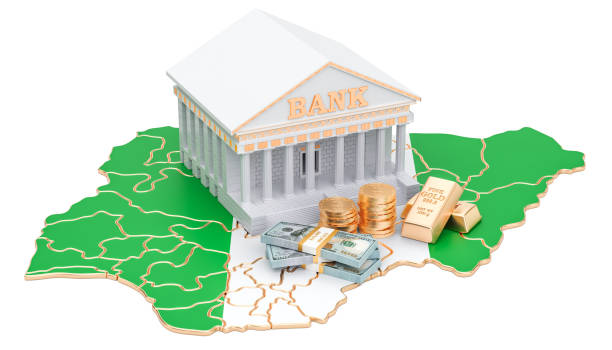Following concerns raised by importers about irregular changes in import duty assessment levies applied by Nigeria Customs Service (NCS), in recent times, the Central Bank of Nigeria (CBN) has directed NCS and other related parties to adopt the closing official rate of foreign exchange for import duty.
The apex bank gave the directive in a statement released Friday, 23 February, signed by Dr Hassan Mahmud, Director, Trade and Exchange Department.
Join our WhatsApp ChannelSince the foreign exchange reforms introduced by the CBN in June 2023 which led to the floatation of the naira in the foreign exchange market, making the value of the naira fluctuate, the apex bank has continued to raise the Exchange rate for payment of Customs duties at the nation’s ports by importers. From $422.30/$ in June 2023, the rate rose to N952/$ in December 2023 and further jumped to N1,605.82/$ by 21 February 2024. As of today, February 24, the rate displayed on the official trade portal of the Nigerian Customs Service showed that the rate has dropped to N1,488.896 per dollar.
The apex noted that the irregular adjustment of rates has created uncertainties around the pricing of goods and services in the economy which have potential implications for pushing up the inflation rate that is already going haywire.
- READ ALSO:
- CBN Issues New Guidelines For BDCs Operations In Nigeria, Bars Financing Political Activities With Dollars
- CBN Raises Customs Duty Rates By 59.1% In 2 Months Amid Naira Depreciation
- Forex Crisis: Go After Powerful Forces In Parallel Market Strangulating Naira, Don Tells Nigerian Govt
“Following the liberalization of the FX market on Willing Buyer – Willing Seller trading principle, the Central Bank of Nigeria has noted the concerns of Importers of goods and services in the irregular changes in the Import Duty Assessment levies applied by the Nigeria Customs Service,” part of the statement read.
“These developments have further built uncertainties around the pricing structure of goods and services in the economy and created abnormal increases in the final sale prices of items, which is largely driven by uncertainties, rather than traditional market fundamentals, with implications to near-term inflation trend.
“To this effect, the Central Bank of Nigeria wishes to advise that the Nigeria Customs Service and other related Parties adopt the closing FX rate on the date of opening Form M for the importation of goods, as the FX rate to be used for Import Duty Assessment. This rate remains valid until the date of termination of the importation and clearance of goods by importers.
“This would enable the Nigeria Customs Service and the importers to effectively plan appropriately and reduce uncertainties around varying daily exchange rate in determining their revenue or cost structure,”
According to the CBN, the new directive takes effect from Monday, 26 February 2024, adding that it supersedes previous requirements outlined in an earlier directive of the Central Bank of Nigeria in 2018.
This latest decision provides importers and the Nigeria Customs Service with a clear framework for determining import duty and also reduces uncertainties in the market.
While noting the initial volatility and price distortions in the aftermath of the forex market liberalization, the apex bank said it is confident that the reforms, “would in the medium term, ensure stability in the market and entrench market confidence necessary to attract investment capital for the growth and development of the Nigerian economy.”
Victor Ezeja is a passionate journalist with six years of experience writing on economy, politics and energy. He holds a Masters degree in Mass Communication.



















Follow Us